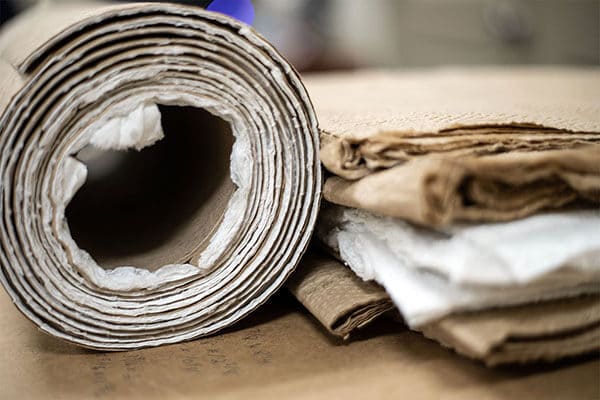Table of Contents
Polystyrene, more commonly known as Styrofoam for its use in the trademark plastic foam, is a type of plastic material with strong insulation and cushioning properties. These features make the material ideal for shipping, storing, and packaging a wide variety of products.
However, while Styrofoam can be extremely useful and versatile, the material is also known for its harmful effects on the environment. Polystyrene is difficult to break down after disposal, contributing to the buildup of waste in the planet’s oceans and landfills. In an effort to reduce waste for a healthier environment, several alternatives for Styrofoam have been developed as sustainable replacements.

Greener Alternatives to Styrofoam
Corn-Based Packaging
Instead of using Styrofoam trays for packaging meat, grocery stores can switch to corn-based compostable meat trays.
Starch-Based Loose-Fill Materials
Styrofoam loose-fill packaging materials, better known as packing peanuts, can be replaced with starch-based packing peanuts, which are made with corn, grain sorghum, and other crops.
Molded Fiber or Molded Pulp
Wine shippers that are made with polystyrene can use molded fiber or molded pulp packaging, which retains the same cushioning and insulation properties without the carbon footprint.
Biodegradable foam
Biodegradable foam packaging works as an alternative to Styrofoam and is made from a material derived from sugar cane processing.
For more information about alternatives to Styrofoam packaging contact Pioneer Packaging today!
